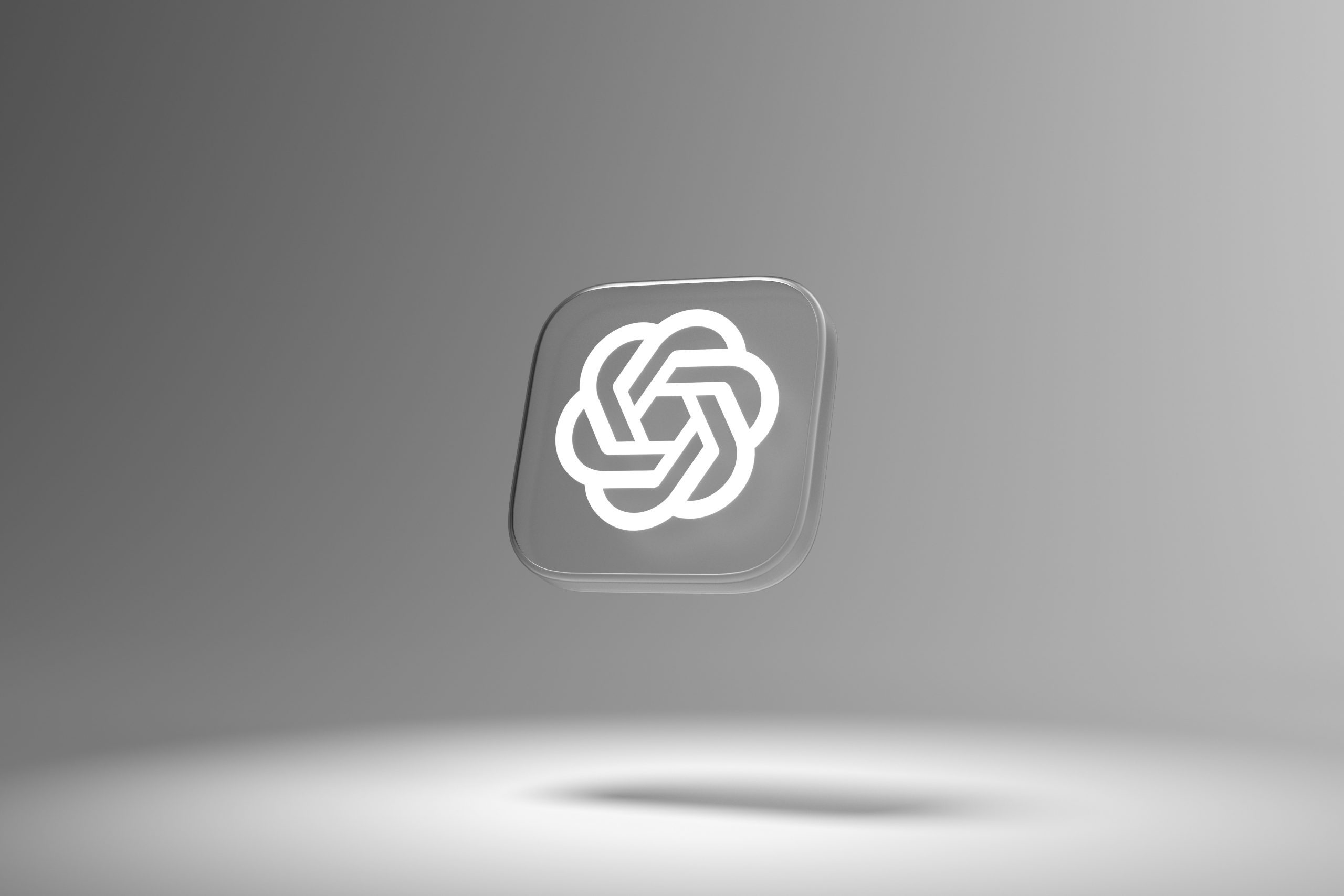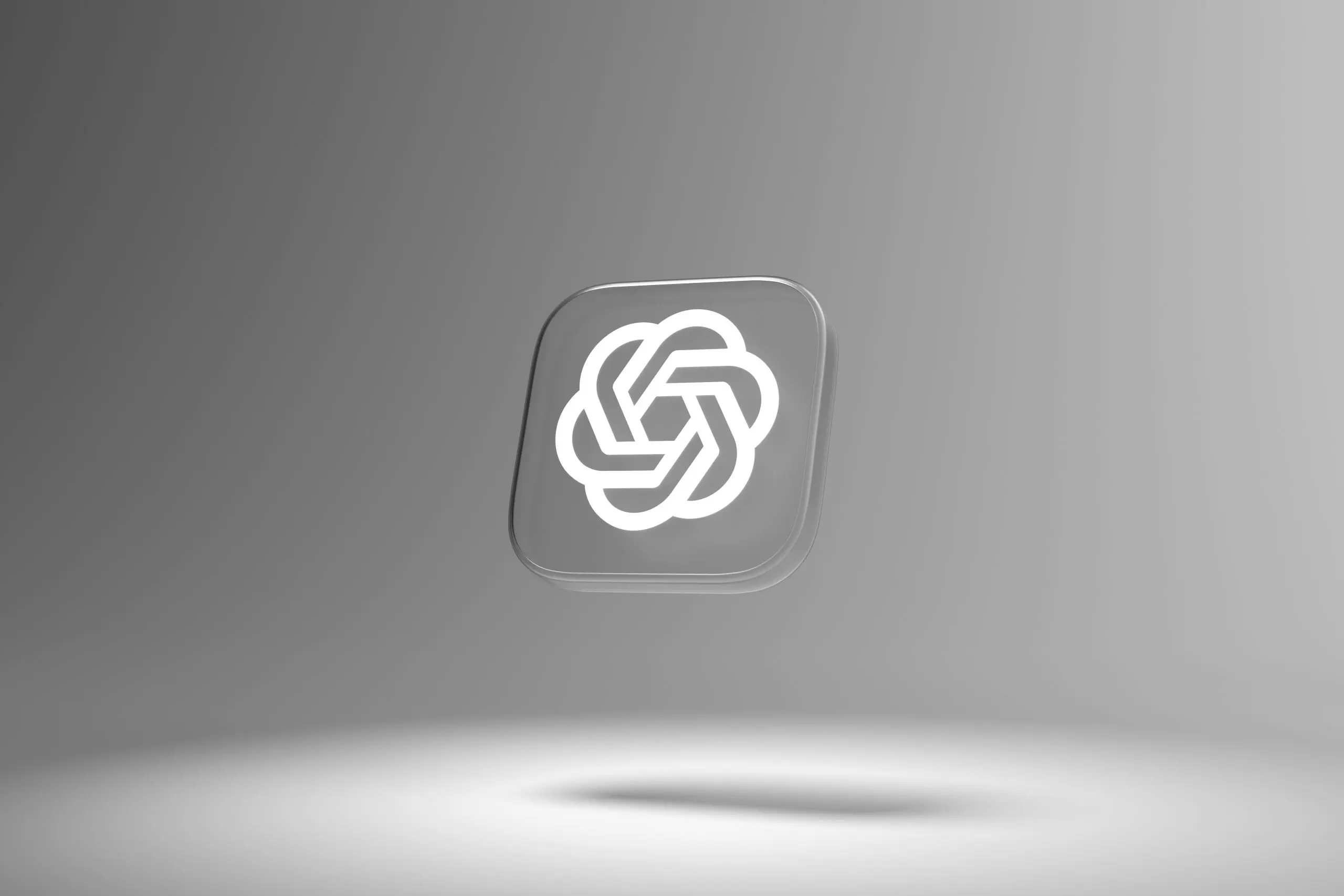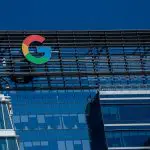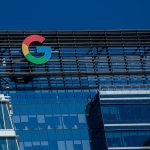
Nick Turley wants to turn ChatGPT into something bigger than a chatbot; he’s building an operating system where 800 million users will run apps, shop, and work without ever leaving their conversation window.
“We’re gonna look back at ChatGPT in a couple years and feel like the current product is in the command line era,” Turley, OpenAI’s head of ChatGPT, told TechCrunch in an interview Tuesday at the company’s San Francisco developer conference.
The three-year OpenAI veteran compared his vision to how web browsers evolved from static webpage viewers into platforms where people now do most of their computer work. ChatGPT will follow the same path, he said.
“The evolution we’re trying to make over the next few years is one where ChatGPT itself is more like an operating system where you can come and use applications,” Turley explained. Writing, coding, shopping, and booking travel will all happen inside ChatGPT through partner apps from companies like Spotify, Expedia, and DoorDash.
OpenAI is reportedly building its own web browser and working with former Apple designer Jony Ive on new hardware devices.
Turley acknowledges that ChatGPT’s current text-based interface seems primitive. “It’s kind of bonkers to me that we’ve scaled the product to 800 million weekly active users with the form factor we have,” he said.
The company tried building an app ecosystem before. ChatGPT Plugins and the GPT Store both launched in 2023 but failed to gain traction. This time, apps will appear directly in chat responses, rather than being hidden in a separate store.
Turley frames this transformation as more than a business move. He calls ChatGPT the “delivery vehicle” for OpenAI’s mission to distribute artificial general intelligence to humanity.
“If you look at what these 800 million people are doing every week, ChatGPT is helping them achieve their goals,” he said. He mentioned an 89-year-old man who taught himself coding through ChatGPT, and parents using it to help autistic children model social interactions.
However, privacy questions loom large—how much user data will third-party apps access? Competition between services creates another problem. When someone wants food delivery, will ChatGPT choose DoorDash or Instacart?
Turley said they’ll show both options at first. The company might eventually let apps pay for better placement, though he stressed user experience comes first.
Apple and Google won’t watch quietly. Both companies control massive app stores that generate billions in revenue from transaction fees. ChatGPT as an operating system threatens that dominance.
“OpenAI is the kind of place where you dream big,” Turley said. He sees ChatGPT as one piece of a larger product family tied together by user accounts and personalization.
The transformation will take years, not months. But with 800 million users already chatting weekly, Turley believes ChatGPT has the audience to make this vision real.























